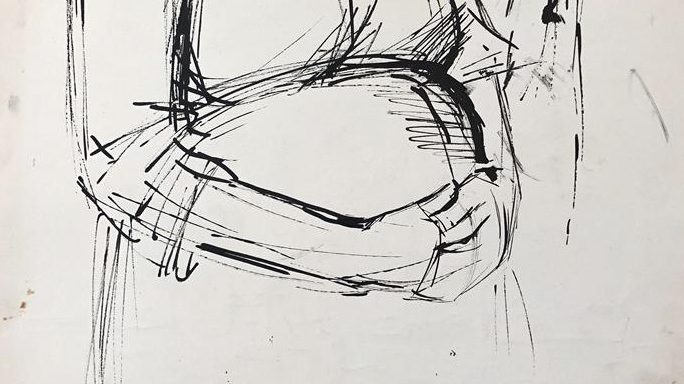I am my mother’s kitindamimba; my son is my kifunguamimba.
These are, respectively, the Swahili terms for lastborn and firstborn — kufungua being “to open,” and kutinda being “to cull,” trim, or cut into shape (as in the case of eyebrows). Mimba is pregnancy, as derived from a word that means “to swell.”
Both are nouns rooted in verbs, titles borne by bookended offspring. They tell us what to expect about where a person is situated in their family.
In the Swahili language and culture, a woman is often identified by her children’s names: Mama So-and-So, So-and-So almost always being the firstborn — the child who inaugurated her into parenthood. Any subsequent children get absorbed within that label. Where her name is unknown, a mother is sometimes identified by her number of children: Mama Wawili, Watatu, Wanne, but almost never “Mother of One.” Then again, a mother of one would simply be known by the name of that child, her first and last.
I’m not sure how or if child loss changes this naming. Or miscarriage or abortion, those pregnancies before, in between, or after the kifunguamimba and the kitindamimba — the ones that don’t get counted. In obstetric notation they are acknowledged, categorized as gravidity and parity: G (the sum of all pregnancies, however many) and P (live deliveries, however few). I learned this notation while working with young women in a breast cancer program. We would prepare for encounters with patients by reviewing their medical records to see whether they were parents, which informed the types of psychosocial support resources we would offer. It was always jarring to see a large ratio between the two numbers; each G was an experience, welcome or not, and each that did not translate to a P a more complex experience still.
As a Swahili language medical interpreter, I’ve sat with women as they underwent these complexities twice over. In English there were the clinical realities; in Swahili, the emotional layers. Nuances are best processed in one’s mother tongue, but is there language for those who have walked this liminal space? For as long as our human bodies are the site of procreation, the decision to have children or not, how many, and when, will be a driving force behind all our choices. And how will those choices play out? How will we speak about them? Will we acknowledge the commonalities of human experience and strive to keep harm at bay, or will we pretend to not know its potency?
We were all once somebody’s swelling; we were all fleshed out of complexity, as straightforward as the actual process may or may not have been. In life we shape one another’s expansion, open doors into new worlds, close some on the way out; the first of an experience, the last of the same. In this way, the language of birth order stretches beyond pregnancy to encompass a variety of beginnings and endings. It is the language of expectancy, which is not the same as certainty.
We are each someone’s
Kifunguamimba: the usherer of growth, by blood or otherwise.
Kitindamimba: the end of a chapter, by fate or by intervention.

